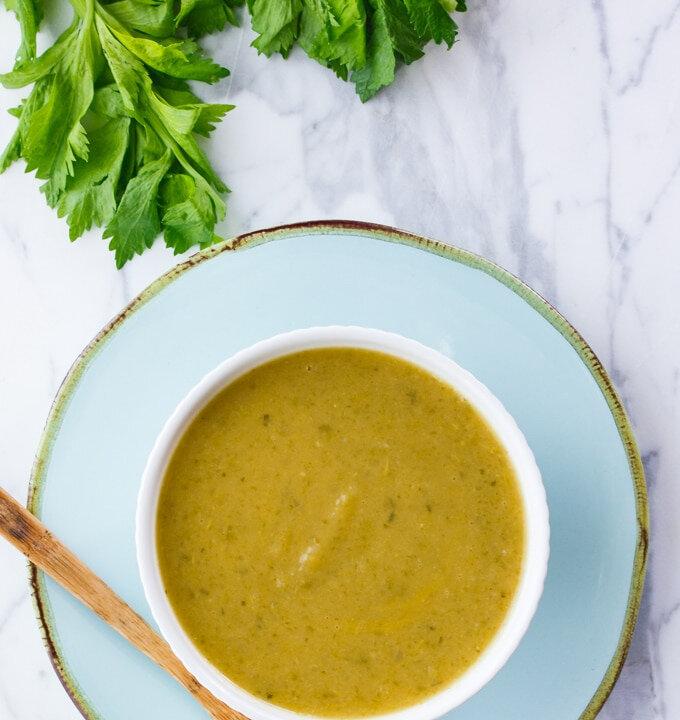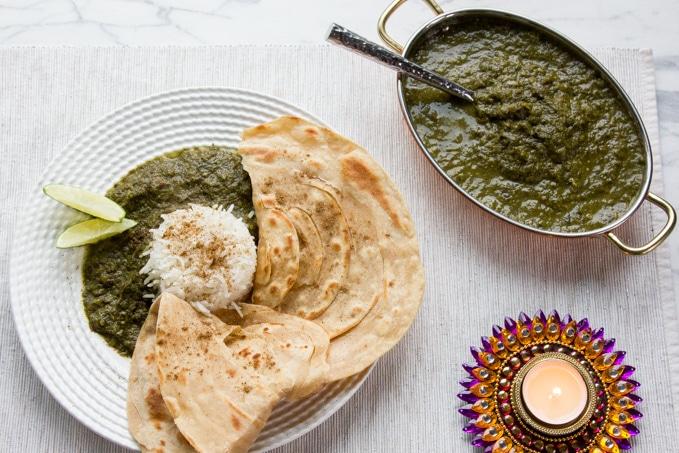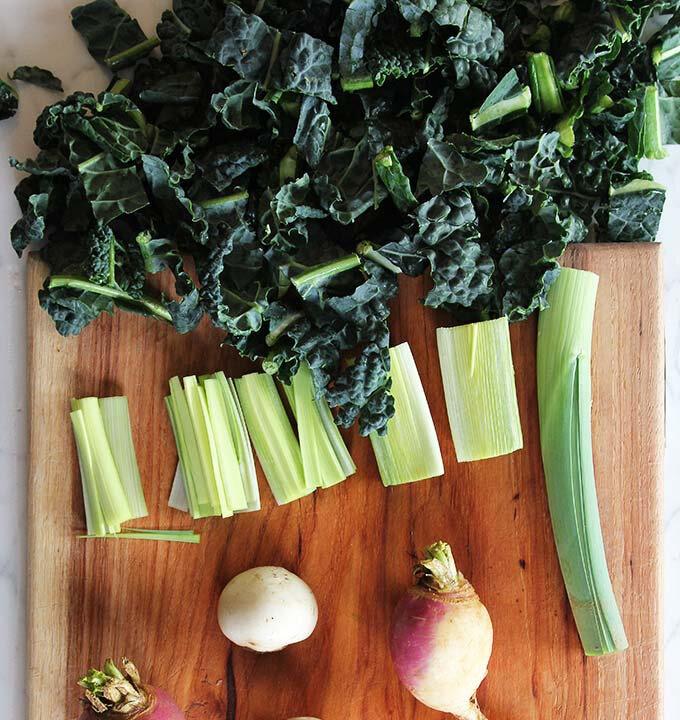Adaptogens are plants that help to reduce stress by bringing your adrenal system back into balance. They also boost the immune system. (Don’t we all need that!)
When taken internally as adaptogen teas, the aptly-named adaptogen herbs “adapt” to your body’s particular needs.
It sounds incredible—a food that knows what your body needs—but it is true!






